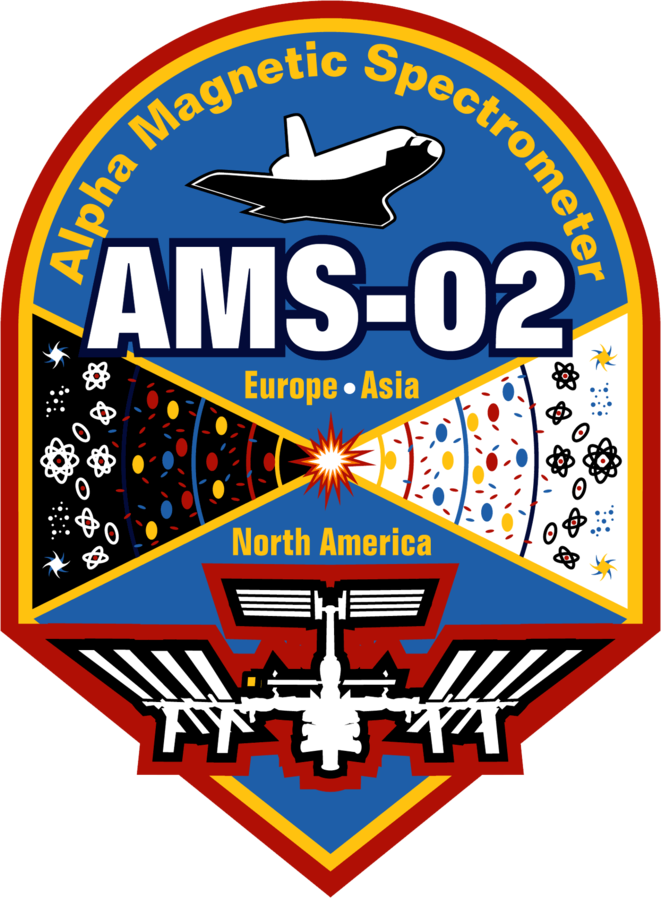23.096825, 113.298883
Tracker Thermal Control System
Collaborated with Massachusetts Institute of Technology (MIT) and NLR, the team of Sun Yat-Sen university (SYSU) was responsible for developing the AMS-02 silicon Tracker Thermal Control System (TTCS). It was the first mechanically pumped $\textrm{CO}_\textrm{2}$ two-phase loop for the precise temperature control serving a scientific experiment in space. It can provide a uniform temperature distribution of less than $1.0 °\textrm{C}$ per 9 meters; and the temperature control precision is better than $\pm1.0 °\textrm{C}$ per orbit, and less than $\pm2.0 °\textrm{C}$ for long term operation for each silicon tracker layer.
The main technical contribution includes:
1. On-ground verification of the stable operation region for the two-phase loop.
2. Design of capillary structure for the liquid management of the low surface tension $\textrm{CO}_\textrm{2}$ in the accumulation of TTCS in microgravity.
3. Design of anti-freezing condensers for the high freezing point $\textrm{CO}_\textrm{2}$, with minimized heating power.
4. Control scenario for long-term operation in the international space station.
Detector Reconstruction and Data Analysis
SYSU has a good collaboration with Academia Sinica, MIT, University of Geneva and many other institutes during the detector constructions. After AMS-02 was installed on the ISS, collaborating with these institutes, our PhD students have been stationed at CERN to conduct the works of detector reconstruction and data analysis of AMS-02.
SYSU has contributed to several parts of the detector reconstruction, including the building of a likelihood estimator to separate hadrons and leptons with the particle relativistic factor detected by TRD, energy reconstruction with ECAL, electromagnetic shower shape likelihood for electron/proton separation with ECAL, low mass particle rejection with RICH radiator below its velocity threshold, time-dependent Tracker coordinates correction and particle charge sign misidentification estimator with the information from Tracker.
SYSU has also participated in the data analysis of several physics topics, including Positron fraction, Antiproton to proton ratio, Helium flux, He3/He4 flux ratio, Carbon flux, Boron to Carbon flux ratio as well as Antideuteron search.
Service
As SYSU is one of the institutes that participating in the construction of TTCS, we are also responsible for the stable running of it. So we have been assigning thermal engineers to take shifts in the AMS Payload and Operation Control Center (POCC), including shifts for the PM and TEE.
